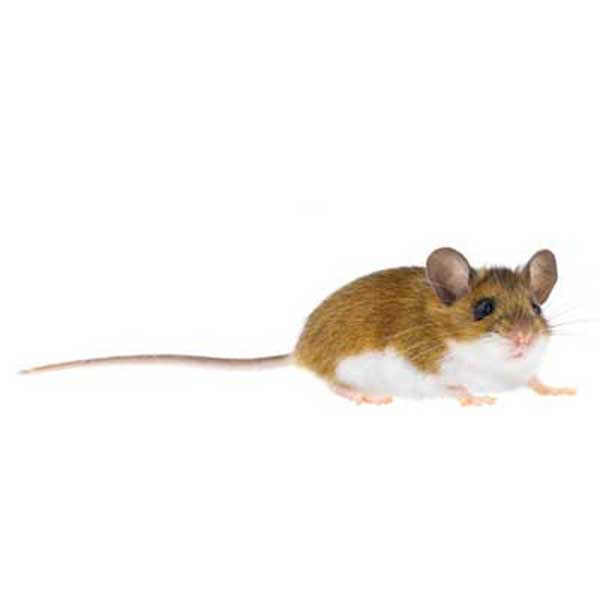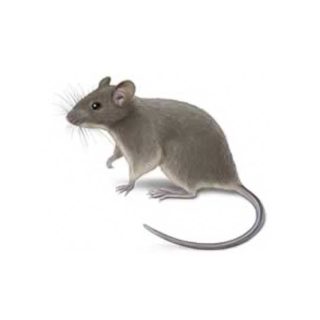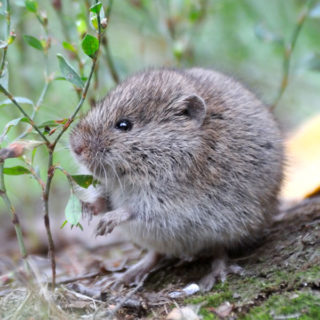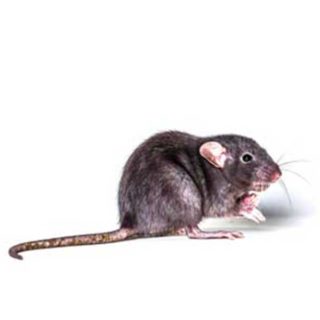Deer Mice in Mid-South TN
Deer mice often referred to as field mice or white-footed mice, are found throughout North America. Deer mice prefer woodlands, but they are also established in desert areas. Most often found outdoors in rural areas, deer mice rarely invade residential properties. These rodents are a common problem in agricultural areas, and will sometimes look for shelter in homes over winter. Their true danger lies in the fact that they are common carriers of hantavirus. They feed at dusk and dawn and tend to prefer insects, seeds, nuts, and berries.
Deer Mouse Habitat
Deer mice are nocturnal and spend their days in cup-shaped nests made of stems, leaves, and fibrous materials. Nests are lined with feathers or shredded cloth and can be found in tree hollows, fence posts, abandoned squirrel and bird nests, and the underside of logs and rocks. In homes, deer mice construct nests in low activity areas such as basements, attics, garages, and crawl spaces. Deer mice do not hibernate and may invade homes during winter months seeking shelter in storage boxes, wall voids, and upholstered furniture.
Deer Mouse Behaviors, Threats, or Dangers
Throughout most of the year, deer mice nest in outdoor areas that are quiet, dark, and undisturbed. When the weather gets colder during winter, deer mice tend to invade homes, garages, sheds, and sometimes even vehicles. When they get indoors, they are often found in basements or attics. The biggest threat of deer mice is that they are able to transmit the dangerous—and potentially fatal—hantavirus. This disease is often transmitted through contact with mouse carcasses, or by breathing in air-borne urine droplets from infected deer mice.If you have a deer mouse infestation in your Mid-South TN property, always contact a licensed rodent control company.
Need help with Deer Mouse control?
We'll call you! Leave your information below.
Get a free, no-obligation quote.
"*" indicates required fields
*During normal business hours. After hours inquiries will be returned the next business day.





